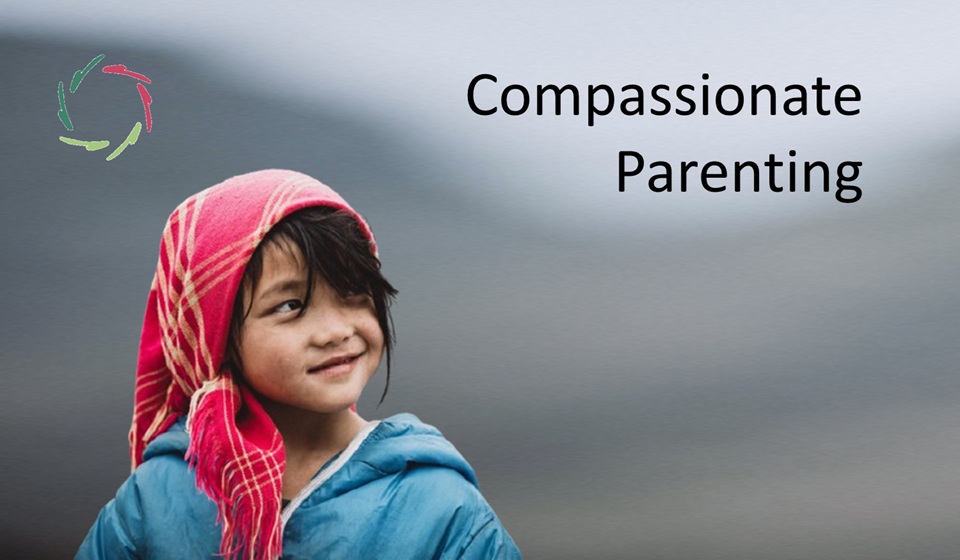Inner Friend or Foe?

One can treat one’s inner being as a friend or enemy. It’s good to make this an explicit choice. It’s too important to let it be a choice imposed upon you.
People are not conscious of their non-conscious mental processing
Yet, the science in this is unequivocal. The inner, non-conscious mental life of a person is like a universe inside. Moreover, it is also very meaningful and determinant for anything that appears in conscious awareness.
What kind of non-conscious?
This goes entirely beyond the – Freudian, for instance – idea that a subconscious mental domain exists rather like a consciousness behind a fence, repressed and to be brought from behind the fence to tame it back into rational conduct.
It also goes beyond the idea of non-conscious mental processing as a vast set of leverages and automatic reflexes, an automaton-like machinery at the proper disposal of consciousness if it doesn’t break down. In the latter case, the person is supposed to be ill or evil. [see: “The Non-Conscious is no Automaton”]
The ‘modern,’ science-based non-conscious is one of subconceptual processing. Also, there has been shown a lot of influence from this on health and healing ― therefore, pretty important. For instance, [see my Ph.D. thesis: “Subconceptual Processing in Medicine: From Body & Mind to Health & Healing”]
Friend or foe?
Since it’s about the most intimate of human being, this may be a crucial question for the future of humankind. No kidding.
Seeing one’s depth as an enemy provokes inner dissociation, including much illness and other misery. [see: “Inner Dissociation is NEVER OK!”] Also, it drastically diminishes the chance to heal from the inside out. Instead of supporting the most natural of one’s being, it may fuel an aggressive fight in two directions.
Who will win this fight? Eventually, nobody, as a matter of fact.
Towards attaining positive goals, it is much better to befriend yourself as a total-person. OKAY, with ‘positive goals,’ I might not necessarily mean a lot of money and status. A positive goal might also be deeply human empathy and Compassion.
Inner foe: mainly a Western thing?
The tradition may have started with Plato. His teacher, Socrates, saw human depth as his most significant asset, his ‘daimoon,’ as he called it. Plato instead saw it as an inner beast to be tamed and kept in check by the overlaying rationality that, in his view, makes us truly human.
Hence started more than two millennia of inner struggle between good (beautiful ratio) and bad (ugly beast). This was corroborated by the Christian concept of the devil (demon, descendant of daimoon).
Brain science now shows this has always been incorrect. For instance, Lisa Feldman Barrett, in her very readable and interesting Seven and a Half Lessons About the Brain calls it – and an ensuing modularization of the human brain – ‘one of the most successful and widespread errors in all of science.’
To many, unfortunately, this lives on in the notion that no good can come from deep inside. As the saying goes, homo homini lupus (human is wolf to human) ― only in this case, it’s about the human being a wolf to himself.
This way, one is always a ‘bad person’ and ‘guilty’ if turning to inside ― especially important for the vulnerable and the ill.
This makes people very dependent.
It doesn’t need to be this way. In the East, for instance, the ‘inner demon’ is much less prominent as far as I can see. Does this make the East more into a shame-culture than a guilt-culture?
It’s time to transcend both, restoring roots and growing higher.
Within AURELIS, Socrates’ daimoon is part of Inner Strength.
Its demonization can make it into an enemy. This is something to be on guard for. It can lead to mishap. Does the way forward lie in demonizing it even more?
In my view, that is a dangerous thing to do. I propose Compassion as an alternative and better option, efficiently leading to good things. [see: “Only Compassion Works“]
This choice we all individually need to make.


